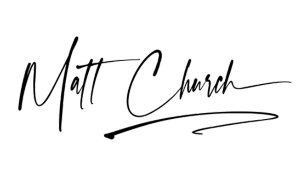Sometimes it's commercially smart to think of your audience and your buyer as two separate people.
No time to read the blog? You can listen to it here.
An example might be that a leader engages you to work with their team around an issue, say engagement. The team attends a workshop where you teach coaching as a capability. To the decision maker, you are delivering on engagement (let's call this the why). To the audience, you teach listening, questioning, and curiosity (let's call this the how).
It is commercially smart to focus on the why, in this case, 'engagement' with the economic decision maker and the broader market. Most experts think audience specific and so can be a little 'how' centred. Typically unpacking their process under the illusion that if we demonstrate enough practical application, people will surely see our value and buy, right?
Yeah, not so much.
"You have two audiences: the business case audience and the knowledge case audience."
Sometimes these two cases reside in one person but more typically, not. It's a common mistake for clever people to mix these up and start teaching the how to the decision maker; this slows down and confuses the sale.
First, they commit, and then you teach. That's why we have a mantra in our school of 'commit to the committed.' There are often two buyers; the economic buyer and the people being educated.

PS. Just so it's super clear and we don't ever waste your time, this newsletter is aimed at experts who want to be commercially smart. It has a commercial savviness about it.
We are a school for experts
This newsletter and the whole purpose of Thought Leaders and the Curriculum that sits behind our school is to help clever people be commercially smart. The primary purpose of what we teach is making money in a 'practice not business' commercial model. We help experts capture, package, and deliver what they know out into the world. We do this by obsessing about message and insights attached to your personal brand. A small team structure, focused around you the principal, aimed at making money, meaning and a difference.